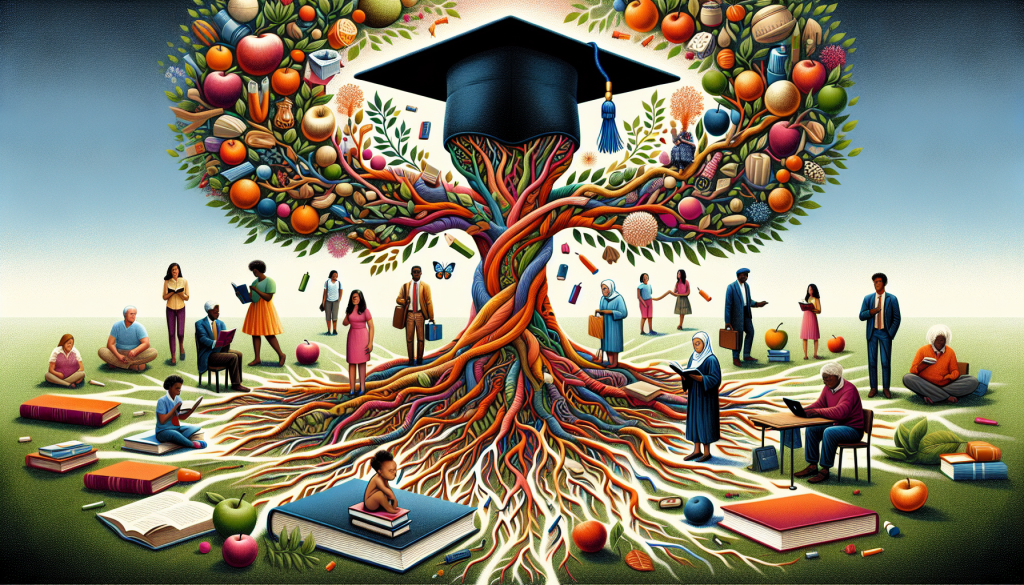
Lifelong Learning: Why Your Education Shouldn’t Stop After Graduation
Lifelong Learning: Why Your Education Shouldn’t Stop After Graduation
Education is often seen as a means to an end – finish high school, get into a good college, graduate, and land a well-paying job. But what happens after you graduate? Is that the end of your learning journey? Many people believe so, but the truth is that your education should never stop after graduation. In fact, lifelong learning is not only beneficial for personal growth, but it also helps individuals stay relevant in an ever-evolving job market. In this article, we’ll explore the importance of lifelong learning and why it should be a continuous process even after you’ve received your degree.
Continual Growth and Development
Lifelong learning is all about continually acquiring new knowledge, skills, and experiences throughout your life. It’s about pushing yourself out of your comfort zone and challenging yourself to learn new things. By doing this, you not only expand your knowledge base, but you also develop critical thinking, problem-solving, and communication skills – all of which are highly valued by employers. For instance, if you graduated with a degree in marketing, taking a course in graphic design or social media management can further enhance your skill set and make you a more desirable candidate in the job market.
Stay Relevant in a Changing World
In today’s fast-paced, technology-driven world, it’s crucial to keep up with the latest advancements and trends in your field. Industries are constantly evolving, and those who fail to adapt and update their skills risk becoming obsolete. By embracing lifelong learning, you can stay ahead of the game and remain relevant in your industry. Whether it’s attending workshops, conferences, or taking online courses, continuous learning allows you to stay up to date with the latest tools, techniques, and industry practices.
Personal and Professional Growth
Lifelong learning not only benefits your professional life but also your personal life. It exposes you to new ideas and perspectives, helping you become a well-rounded individual. It also provides opportunities for personal growth, such as gaining new hobbies or developing new talents. Moving out of your comfort zone and trying new things can be scary, but it ultimately leads to personal growth and self-discovery. Moreover, continuous learning can also have a positive impact on your mental health. Engaging in challenging and stimulating activities keeps your brain active and can reduce the risk of conditions like Alzheimer’s and dementia.
Conclusion
In conclusion, education shouldn’t stop after you graduate from college. Lifelong learning is an essential aspect of personal and professional growth. By continuously seeking new knowledge and experiences, you not only expand your skill set but also stay relevant in an ever-changing job market. Whether it’s through formal education or self-directed learning, never stop learning and growing – the benefits are endless.
So, instead of viewing graduation as the finish line of your education, see it as the beginning of a lifelong learning journey. Embrace opportunities to learn and grow, and you’ll be amazed at how far it takes you in both your personal and professional life.
